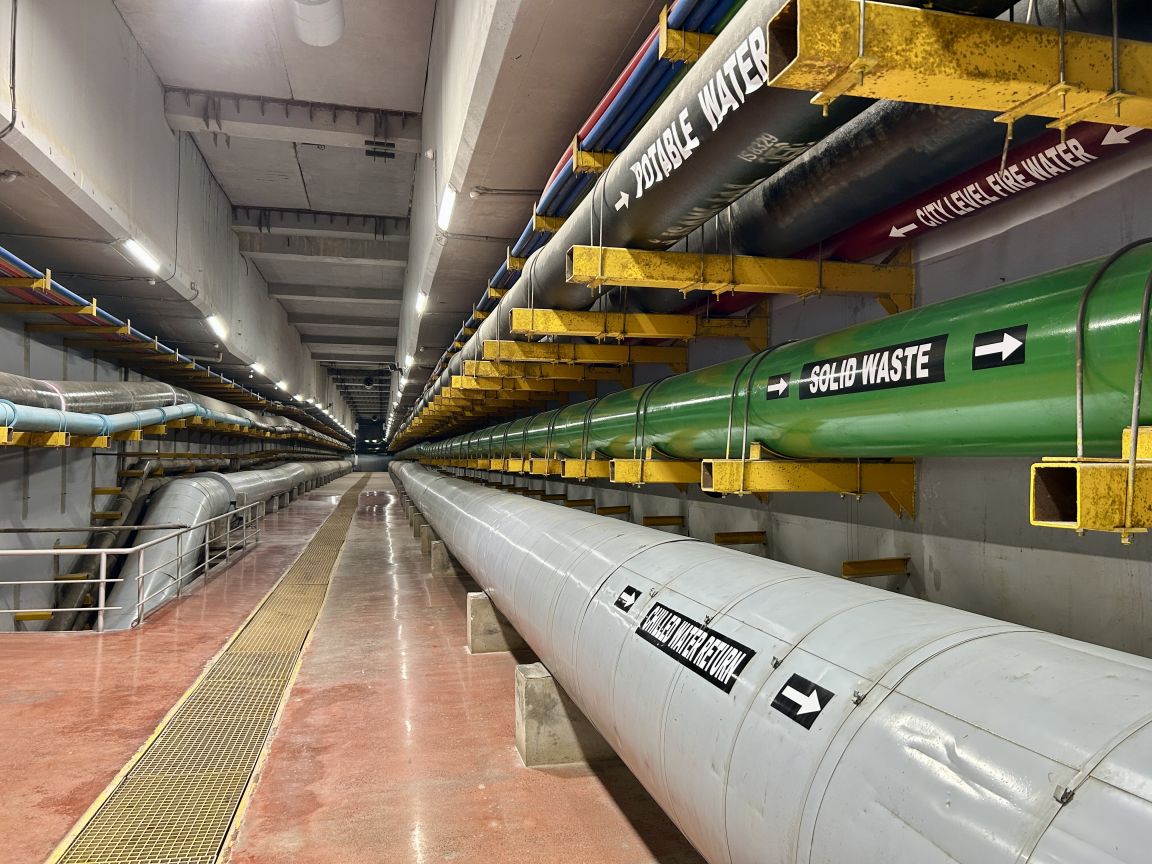Context
Cooling in India’s buildings largely depends on individual systems, driving up energy use and emissions. The India Cooling Action Plan launched in 2019 promotes efficient alternatives like district cooling.
Objective
Conditions for using energy-efficient district cooling systems have been improved in India.
Approach
The project promotes the enhancement of district cooling by developing a roadmap, creating business models, improving policies, aiding funding applications, and establishing a centre of excellence.
